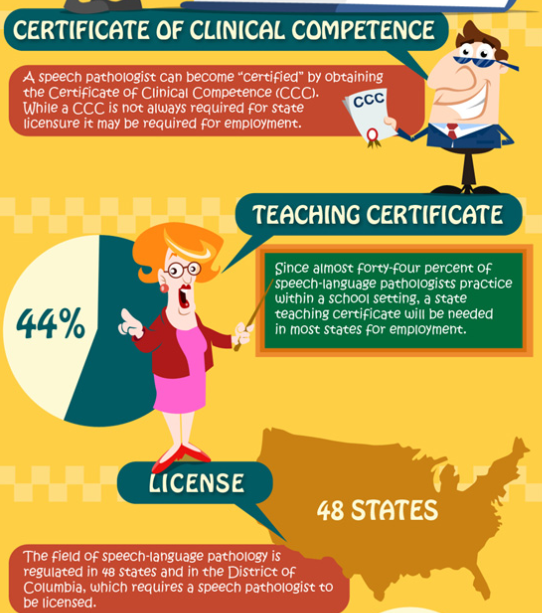What is Speech Therapy and How Do I Find a Speech Therapist?
Last week, we started discussing some of the basics of speech therapy, including why your child might benefit from it. This week, we’ll continue the four-part series, covering questions such as “How do I find a speech therapist?” “How do I do at-home speech therapy?” and “Just what the heck does a speech therapist do, anyway?!?” Whether your child has recently received a diagnosis or you suspect that he might have a speech and language issue (or you just want to brush up on the basics), check out these introductory guides. Then, head over to the comprehensive resources Speech Buddies offers on specific speech issues.
What Can Speech Therapy Accomplish?
As we discussed in last Friday’s post, speech therapy can accomplish a wide range of objectives for your child. Speech-language pathologists (SLPs) help children improve their receptive language skills (the ability to process information) and expressive language skills (the ability to express themselves verbally or nonverbally).
To meet those goals, the SLP might work with the child to build his vocabulary, understand the rules of grammar and how to form proper sentences, and improve his articulation with the use of Speech Buddies and other tools. The specific areas that your child’s SLP will work on and the tools she’ll use will depend on your child’s specific needs. No two children are alike. Johnny might need help pronouncing his “s” sounds, for example, while Micah has trouble organizing information and following multistep directions. Your child’s SLP will evaluate your youngster, determine his needs, and formulate a customized treatment plan that can help him.
How Can I Find a Speech Therapist?
Depending on where you live, you likely have many options for finding a speech therapist. (Rural areas often do not have as many ASHA-certified SLPs, but even if this is the case, you may still be able to access a highly qualified speech therapist via telepractice.) For starters, you may need to decide between public or private speech therapy.
Public speech therapy refers to free speech therapy services that are offered by your school district. Public schools are federally required to provide all children with a free, appropriate public education, and if your child is found eligible for services, he can receive speech therapy in this manner. If your child is not found eligible for free services, you can enroll him in treatment with a private speech therapist who works out of a hospital, clinic, or private practice. (You might also combine public and private speech therapy if you’re less than satisfied with the extent of the services offered at the school.)
http://www.youtube.com/watch?v=61mVnkQYKqI&feature=plcp
For more in-depth information on weighing your options for speech therapy and finding a qualified SLP, check out our previous post on the Speech Buddies blog.
How Can I Find the Right Speech Therapist for My Child?
Finding a speech therapist is typically not a simple matter of finding a name in a phone book and scheduling treatment sessions. You need to make sure that she is the right SLP for your child. Think of the process as being similar to job interviews. Some candidates are a great fit for the position, while others offer a skill set and experience level that just don’t quite fit. Meet with several SLPs, with and without your child, and observe how your child interacts with the SLP (and vice versa). Your child should feel comfortable around his SLP, or he might not put much effort into the speech therapy. Here are some factors to consider and questions to ask:
- Has the SLP been certified by ASHA?
- Does the SLP have a current state license?
- Does the SLP have extensive experience in treating your child’s specific speech disorder?
- Does the SLP have experience with other special needs that your child might have (i.e. autism, Down syndrome)?
- Does the SLP accept your health insurance?
- Will the SLP keep in touch with you on a regular basis and provide written progress reports?
- Does the SLP encourage you to do at-home speech therapy techniques with your child? (This can greatly accelerate your child’s progress.)




